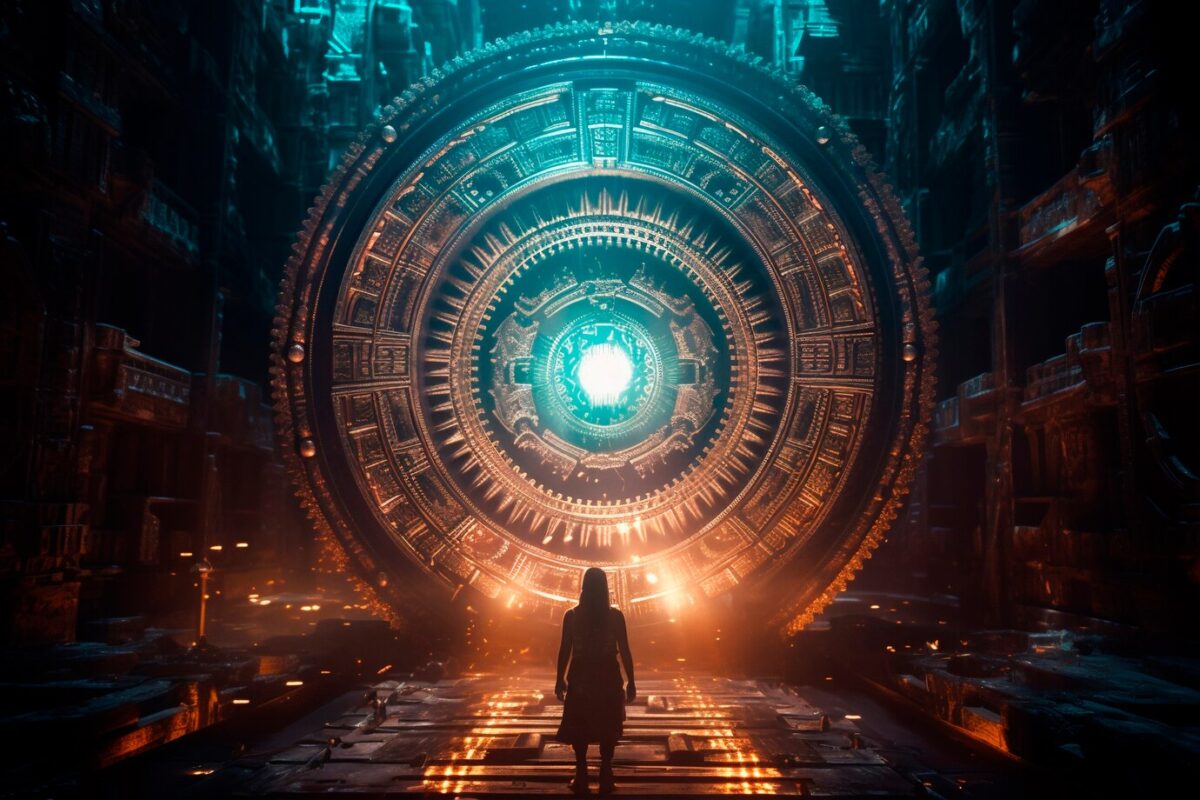Failed Tech Predictions and Their Impact: 5 Interesting Stories
6 min. read
Published on
Read our disclosure page to find out how can you help MSPoweruser sustain the editorial team Read more

We’re all living through an exciting time of tech. Whether it’s driverless cars, a powerful smartphone in everyone’s pocket, or the momentous rise of AI. Things are happening that we didn’t think possible just a few years ago. But what about the technology that never made it out of the gate? Failed concepts, theoretical ideas, and tech that consumers just didn’t want? Today, let’s explore some of the most important (and wacky) failed tech predictions, and the impact left in their wake.
Top 5 Failed Tech Predictions
Plucked from the minds of madmen and serious experts alike, here are some of my favorite failed tech predictions.
1. Ecommerce Will Never Replace Traditional Retail
As late as the 60s and as recent as the early 2000s, many have pontificated that remote, or now online shopping, would never replace the experience of going to the store. How wrong they were!
Since 2024, according to Private Internet Access roughly 3 billion people globally use online shopping and ecommerce accounts for 20% of sales in retail worldwide.
There’s no denying that the simplicity and price benefits of shopping on the likes of Amazon make it more attractive than spending time and effort on in-person shopping. Who doesn’t want next-day delivery without having to leave your home?
That’s without mentioning the growth of subscription delivery services – from meal prep to your favorite fandom merchandise.
The Impact:
Malls, chain stores, and especially mom-and-pop businesses have seen a rapid and steady decline in sales and the ability to stay afloat. This was exacerbated further by the COVID Pandemic.
According to a report by Market Watch, a further 45,000 retail stores will close over the next 5 years, with many retailers citing the impact of ecommerce as a contributing factor.
In July 2019, Jeff Bezos became the world’s richest person with a net worth of $90.6 billion, largely in part to the growth of Amazon online shopping.
2. The Water Powered Car
Eccentric? Genius? The target of a conspiracy? These are just some of the terms used to describe Stanley Meyer, the inventor or the alleged water powered car.
The concept was simple, though perhaps impossible. His Water Fuel Cell was said to be able to convert water into hydrogen fuel, allowing a car to travel 180 kilometers on just 4 liters of water!
Back in the 90s and even today, loyal followers claim he was shut down by the oil industry. However, scientists and even a court case deemed his technical revolution to be fraudulent and, frankly, it violated the laws of physics.
Meyer and his car never saw the light of day and he sadly passed away on March 20, 1998, in what some say were mysterious circumstances.
His brother maintains Belgian investors were still seeking to fund the project.
The Impact:
While the water powered car had little impact on the course of history. Had it worked, it could have destroyed the trillion-dollar oil industry, shook geopolitics, and made the earth greener.
Instead, the electric powered car is the closest thing we have to surpassing oil. That or King Charles’ so called wine powered car – 85% bioethanol and 15% unleaded petrol.
3. Time Travel
The first known scientific prediction of time travel is attributed to Albert Einstein and his theory of general relativity, which he published in 1915.
If time is not constant and can be affected by factors like speed and gravity, travelling at very high speeds or spending time in a strong gravitational field (like near a black hole), you would experience time passing more slowly than someone who stayed on Earth. A form of time travel.

In 1995, Mike “Madman” Marcum called into the popular radio show Coast to Coast AM, claiming to have built a time machine using a Jacob’s ladder and stolen industrial power transformers.
He alleged that he had successfully sent items and animals through time, and even claimed to have jumped into his time machine himself, waking up 800 miles away and two years in the future.
However, Marcum’s story has never been fully substantiated, and there are several inconsistencies and a lack of evidence to support his claims.
The Impact
Time travel is riddled with paradoxes and ethical impacts that make it difficult to imagine a scenario where it could be safely and ethically used.
E.g., if someone were to travel back in time and change something in the past, it could potentially create a paradox where the original reason for time travel no longer exists.
Likewise, time travel as depicted in science fiction or whacky stories like Marcum’s, could lead to utter chaos.
4. Video Game Graphics Have Reached Their Peak
In the early 2000s, some experts predicted that video game graphics had plateaued and would not continue to improve significantly.
In an infamous 2001 interview with the BBC, Bill Gates declared that video games have basically reached their graphical peak.

This statement was made at a time when the PlayStation 2, Xbox, and GameCube were the current generation of consoles.
We know now, graphics technology continued to advance rapidly, and today’s games feature incredibly detailed and realistic graphics that were once thought impossible.
The Impact:
According to recent market projections, the global gaming console and PC market is worth around $187.7 billion in 2024, with a year-on-year growth of 2.1%.
The digital console market alone is worth around $60 billion and projected to surpass this in 2025.
Thanks to ever evolving graphics cards, increasing screen resolutions, better HDR support, and wider color gamuts, graphics and visual appeal are only set to improve in quality.
5. 3D TVs are the Next Big Thing
In the late 2000s and early 2010s, 3D TV was predicted to become the next big thing in home entertainment.
However, the technology failed to gain widespread adoption. This was due to the high cost of 3D TVs, the lack of 3D content, and the inconvenience of wearing 3D glasses.
Instead, most people turned to higher resolution TVs or entirely separate VR technology, rather than 3D televisions themselves.
The Impact
As consumers lost interest in 3D TVs, manufacturers started to see declining sales and eventually stopped producing 3D-capable TVs altogether. This had a knock-on effect for 3D content producers, as studios and broadcasters realized that there was no longer a large audience.
Manufacturers soon shifted their focus to other emerging technologies like 4K, 8K, HDR, and smart TV features to maintain consumer interest.
The global smart TV market is predicted to grow to $451.26 billion by 2030.
Conclusion
From delusions like water powered cars to 3D TVs that consumers simply didn’t want, there have been many failed tech predictions. What could be next for tech and what is being predicted now that will never come to fruition?
Have any stories of past tech predictions or theories of your own for how tech will evolve? Let me know in the comments below!








User forum
0 messages